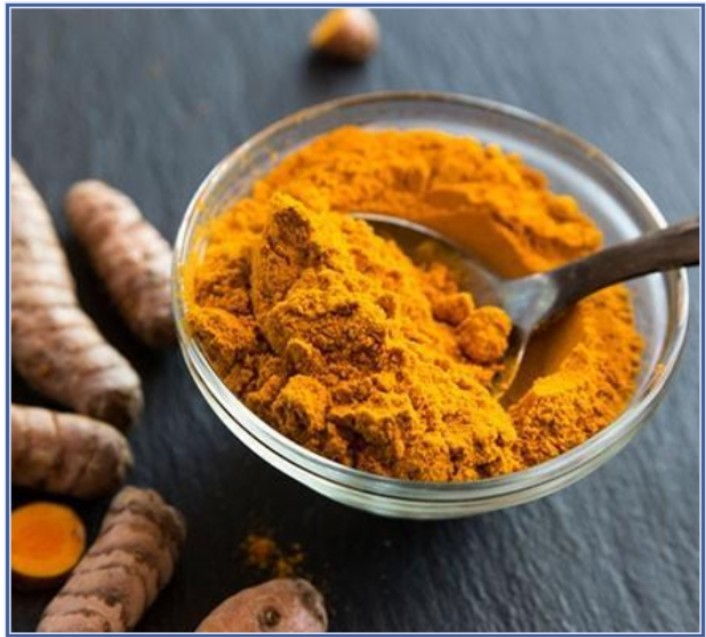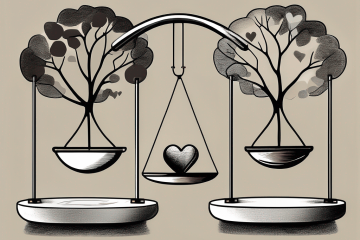Turmeric, a bright yellow spice commonly used in Asian cuisine, has been celebrated for centuries for its medicinal properties. The primary active compound in turmeric, curcumin, is responsible for many of its health benefits.
Anti-Inflammatory Properties: Chronic inflammation is linked to various health conditions, including heart disease, cancer, and Alzheimer’s. Curcumin in turmeric is a potent anti-inflammatory agent, which can help reduce inflammation in the body. It inhibits molecules like NF-kB, which plays a significant role in chronic inflammation.
Also Read: Standardized Botanical Extracts
Antioxidant Effects: Curcumin is a powerful antioxidant that can neutralize free radicals due to its chemical structure. Additionally, it boosts the activity of the body’s own antioxidant enzymes. This double action helps to protect cells from damage.
Enhances Brain Function: Curcumin has been shown to increase levels of Brain-Derived Neurotrophic Factor (BDNF), a growth hormone that functions in the brain. Low levels of BDNF are linked to brain disorders like depression and Alzheimer’s disease. By increasing BDNF levels, curcumin may help delay or even reverse brain diseases and age-related decreases in brain function.
Also Read: Fruit Powders
Reduces Risk of Heart Disease: Heart disease is the leading cause of death worldwide. Curcumin improves the function of the endothelium, the lining of the blood vessels. Endothelial dysfunction is a major driver of heart disease, and curcumin’s positive effects on the endothelium help regulate blood pressure, blood clotting, and other heart-related functions.
Cancer Prevention and Treatment: Curcumin has been studied as a beneficial herb in cancer treatment and has been found to affect cancer growth, development, and spread at the molecular level. Studies have shown that it can reduce angiogenesis (growth of new blood vessels in tumors), metastasis (spread of cancer), and contribute to the death of cancerous cells.
Alleviates Symptoms of Arthritis: Arthritis is a common disorder characterized by joint inflammation. Curcumin’s strong anti-inflammatory properties can help reduce the symptoms of arthritis. Some studies have found that curcumin is more effective than anti-inflammatory drugs in treating arthritis symptoms.
Combats Depression: Depression is linked to reduced levels of BDNF and a shrinking hippocampus, a brain area with a role in learning and memory. Curcumin boosts BDNF levels, potentially reversing some of these changes. In clinical trials, curcumin has been shown to be as effective as some antidepressant medications in reducing symptoms of depression.
Delays Aging and Fights Age-Related Diseases: Curcumin’s antioxidant and anti-inflammatory properties play a significant role in aging. Given that oxidative damage and inflammation are believed to be among the main drivers of aging, curcumin may help delay aging and combat age-related chronic diseases.
Supports Skin Health: Turmeric’s anti-inflammatory, antimicrobial, and antioxidant properties can help with various skin conditions, including acne, eczema, and psoriasis. It also helps in wound healing by decreasing inflammation and oxidation.
Improves Digestive Health: Turmeric has been used in traditional medicine to aid digestion. It stimulates bile production in the gallbladder, which helps improve digestion. Turmeric can also help reduce symptoms of bloating and gas. Moreover, it has been found beneficial for patients with inflammatory bowel diseases (IBD) like Crohn’s disease and ulcerative colitis.
Turmeric, and its primary active compound curcumin, offer a wide range of health benefits. From reducing inflammation to enhancing brain function and improving heart health, turmeric proves to be a powerful natural remedy. Including turmeric in your diet, whether through food or supplements, can provide numerous health advantages. However, it’s always recommended to consult with a healthcare provider before starting any new supplement regimen, especially if you have underlying health conditions or are taking other medications.


